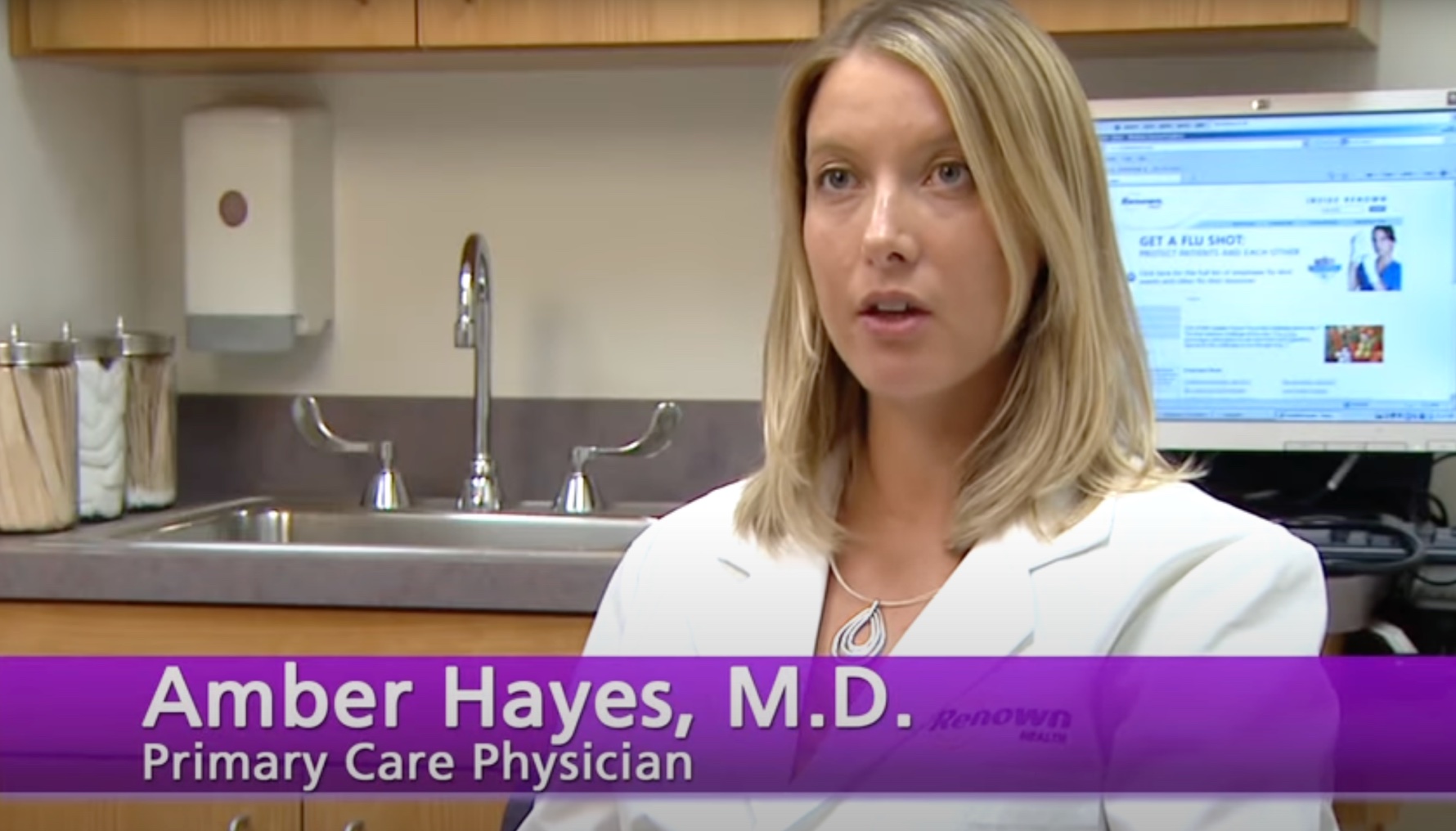This website uses cookies so that we can provide you with the best user experience possible. Cookie information is stored in your browser and performs functions such as recognising you when you return to our website and helping our team to understand which sections of the website you find most interesting and useful.
Finding a doctor can seem daunting, there are so many out there. But there are many tools that you can use to make that task much easier. One way is to start with your health insurance provider, because they have networks of doctors that they use, which means it will usually end up costing you less. It is good to find a General Practitioner or Primary Care Physician, which is the main doctor you would call if you are having an issue, or just to see for regular check-ups. If you need to see a specialist, your main doctor will be able to suggest someone for you.
Hospitals, Health Clinics, or Urgent Care
Aside from seeing your general practitioner, you may go to one of these other places to seek medical care. It is good to know when to see your regular doctor versus the emergency room or health clinic, as each has their own special purpose. For regular check-ups and non-urgent medical issues, your doctor is usually the best place to go. You will almost always need to make an appointment ahead of time. But they have a good knowledge of your medical history and typically cost much less than emergency medical facilities. It is also good to keep clear of emergency rooms when you do not have an urgent problem, so that they can tend to true emergencies.
If you need emergency medical treatment, such as when you have suffered a bad injury or feel like you might be having a problem with your heart, you need to seek emergency medical care immediately. If you can get to the emergency room (ER) on your own quickly, do so. If not, you should call 911 and ask for an ambulance.
Health clinics and urgent care clinics can be a good choice for a quick check-in (such as if you have cold or flu symptoms, think you might have COVID or have suffered a minor injury) because you do not need an appointment first, you can go anytime. They do tend to cost a bit more than your regular doctor.
-
Doctor Answers Top 3 Things To Ask During Your Primary Care Visit | Dr. Eric Debunks
Mighty Health
RUNNING TIME: 00:09:46
Get Answers:
The best way to stay healthy and avoid serious medical conditions is by living a healthful lifestyle, and catching potential health problems early. Seeing a doctor regularly (usually once a year for a physical) gives them the opportunity to take a look at you inside and out and see if there are any issues to address. Doctors can give you advice on your lifestyle to prevent problems and also order tests (such as bloodwork, mammograms, EKGs) that can detect problem areas before they become very serious.
The internet and mobile apps provide you with a great way to find the doctor that is right for you. See our recommended websites and apps for some suggestions. Most health insurance providers have large networks of doctors, including specialists, near you to choose from. Choosing a doctor that is in your insurance providers network, will usually mean you pay less.
Almost always, the majority of the cost for seeing a doctor is paid for by your health insurance. Your doctor will send a bill directly to them, then your insurance provider will pay all or most of the bill. You pay whatever is left. Depending on your health insurance plan, you may simply have to pay what’s called a copay to visit the doctor, a flat fee, usually around $25-50 per visit. You may or may not get asked to pay the copay amount at the time of your doctor visit.





